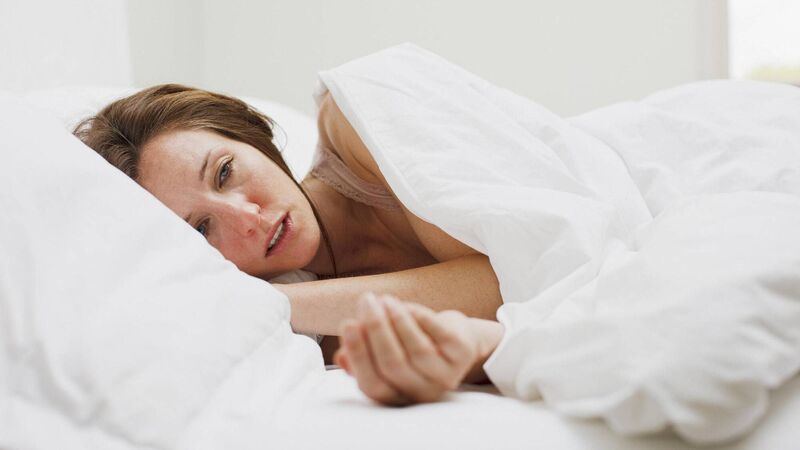Natural Health: How can I stop waking up during the warm weather?

Pic: iStock
Your hunch about hormonal changes playing a role in nocturnal overheating could be correct. Perimenopausal changes begin around the age of 35 and continue until you have ceased menstruation for 12 months.










